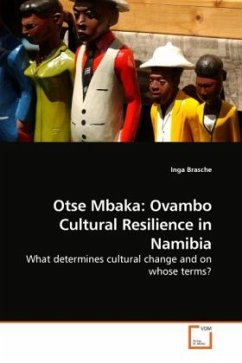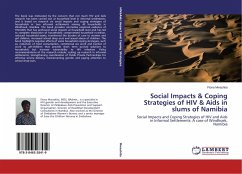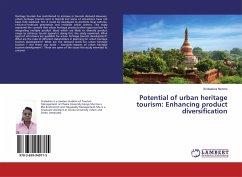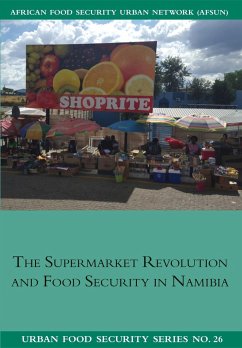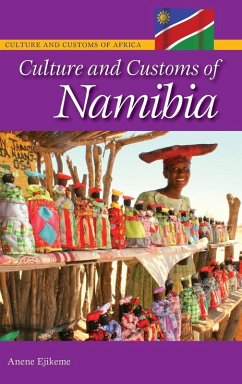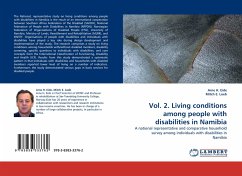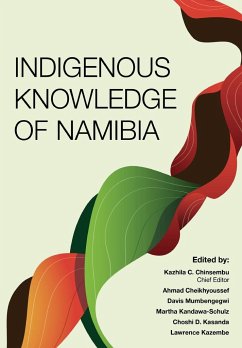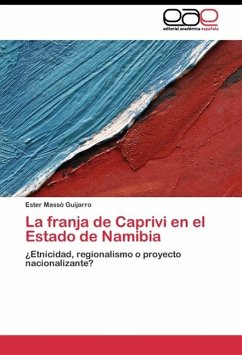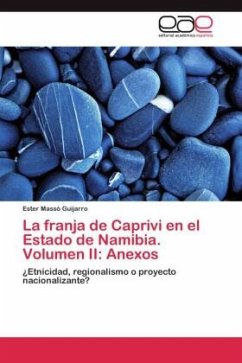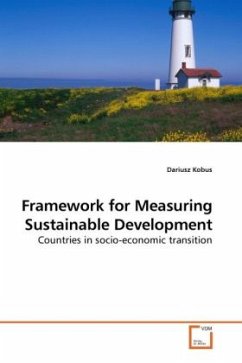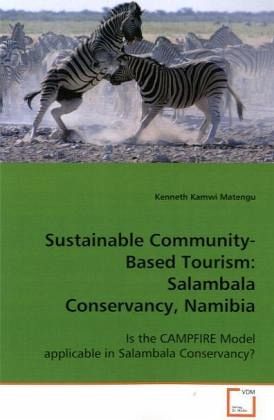
Sustainable Community-Based Tourism: Salambala Conservancy, Namibia
Is the CAMPFIRE Model applicable in Salambala Conservancy?
Versandkostenfrei!
Versandfertig in 6-10 Tagen
39,99 €
inkl. MwSt.

PAYBACK Punkte
20 °P sammeln!
The concept of Community-Based Tourism is widely used. It denotes socio-economic transformation processes that communities engage in the quest for sustainablemanagement and utilisation of natural resources. This book discusses the application of this concept and seeks to explain some of the successes and challenges of Community-Based Natural Resources Management (CBNRM) and CAMPFIRE model. While discussing the changing patterns of animal and human populations' demography of Caprivi in relation to land-use, the book also explores the links of the CBNRM program of the Government of Namibia to li...
The concept of Community-Based Tourism is widely
used. It denotes socio-economic transformation
processes that communities engage in the quest for
sustainable
management and utilisation of natural resources.
This book discusses the application of this concept
and seeks to explain some of the successes and
challenges of Community-Based Natural
Resources Management (CBNRM) and CAMPFIRE model.
While discussing the changing patterns of
animal and human populations' demography of Caprivi
in relation to land-use, the book also explores the
links of the CBNRM program of the Government of
Namibia to livelihoods, conservation and wildlife
management practices. This book is an assessment of
the Salambala community's awareness of the
challenges, opportunities, threats and alternatives
in the management of natural resources for the
purposes of community-based development. The book
concludes that while wildlife conservation within
the parameters of subsistance agriculture seems
doable, rallying local human resources to utilise
natural resources for entrepreneurship in this
conservancy remains a challenge.
used. It denotes socio-economic transformation
processes that communities engage in the quest for
sustainable
management and utilisation of natural resources.
This book discusses the application of this concept
and seeks to explain some of the successes and
challenges of Community-Based Natural
Resources Management (CBNRM) and CAMPFIRE model.
While discussing the changing patterns of
animal and human populations' demography of Caprivi
in relation to land-use, the book also explores the
links of the CBNRM program of the Government of
Namibia to livelihoods, conservation and wildlife
management practices. This book is an assessment of
the Salambala community's awareness of the
challenges, opportunities, threats and alternatives
in the management of natural resources for the
purposes of community-based development. The book
concludes that while wildlife conservation within
the parameters of subsistance agriculture seems
doable, rallying local human resources to utilise
natural resources for entrepreneurship in this
conservancy remains a challenge.



